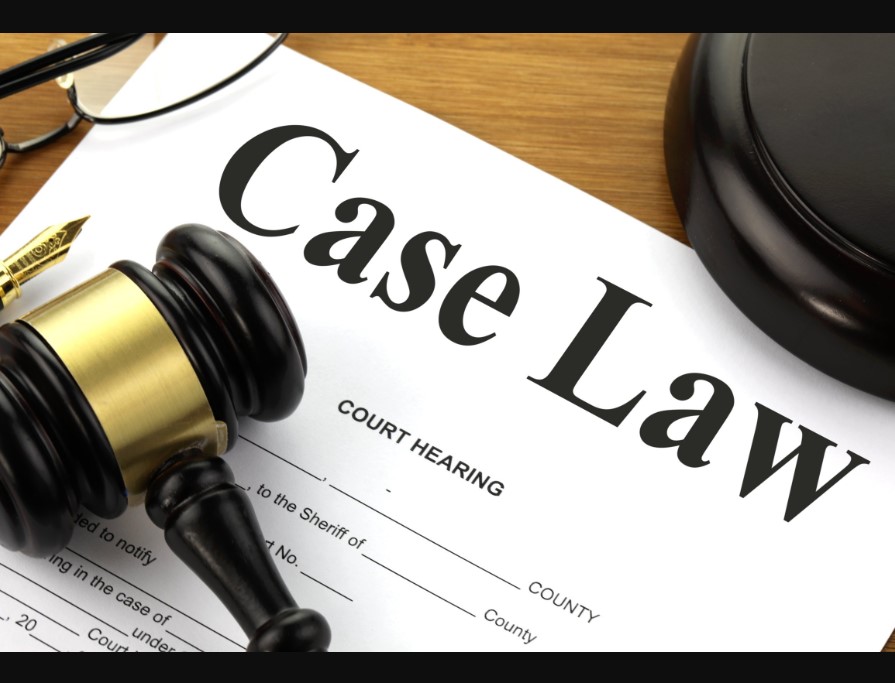
Legal representation is essential for individuals and entities needing guidance or advocacy in legal matters. The importance of legal representation spans various contexts, from personal injury cases and criminal charges to business disputes and real estate transactions. Here, we’ll explore what legal representation entails, the types of legal representation available, and why it is often crucial for achieving fair outcomes in legal proceedings.
What is Legal Representation?
Legal representation involves having a qualified lawyer, attorney, or legal representative acting on your behalf in a legal matter. This professional, often referred to as “counsel,” provides advice, prepares legal documents, negotiates with opposing parties, and appears in court or mediation sessions. Their expertise is essential in helping clients understand their rights and obligations under the law and ensuring that their interests are protected throughout the process.
Legal representation can vary significantly based on the case’s nature, the client’s needs, and the jurisdiction’s laws. Some people only need representation for document preparation or legal consultations, while others may require full-service advocacy in court.
Types of Legal Representation
Legal representation can take different forms, depending on the case type and the individual’s needs. Here are some primary types:
Criminal Representation
Criminal representation involves defense attorneys who defend clients accused of criminal activities, such as theft, assault, or drug offenses. Criminal defense attorneys work to ensure their clients receive a fair trial, protecting their rights throughout the judicial process. This representation can be crucial since criminal charges can lead to serious consequences, such as imprisonment, fines, or a criminal record.
Civil Representation
Civil representation focuses on disputes between individuals or organizations that don’t involve criminal charges. This might include cases such as personal injury claims, property disputes, or contract disagreements. Civil attorneys work on behalf of plaintiffs or defendants, helping their clients navigate complex legal procedures and negotiating favorable settlements when possible.
Family Law Representation
Family law representation covers cases related to family relationships, including divorce, child custody, adoption, and alimony. Family lawyers provide guidance and representation to help clients achieve outcomes that protect their rights and address their family’s well-being. These cases often involve intense emotions, making legal representation critical to ensure fair and balanced solutions.
Corporate or Business Representation
Businesses often need legal representation for matters such as contract drafting, intellectual property protection, mergers, and compliance with regulatory laws. Corporate lawyers help companies navigate the legal landscape, ensuring that they avoid pitfalls and operate within the law. Whether small businesses or large corporations, companies often rely on legal representation to protect their assets and minimize risks.
Estate Planning and Probate Representation
Estate planning and probate lawyers assist individuals with creating wills, trusts, and other estate planning documents to ensure their assets are distributed according to their wishes after their death. Probate lawyers also represent clients in court during the probate process, where an estate is settled under court supervision. This type of representation is vital for reducing family disputes and ensuring that legal requirements are met.
Why Legal Representation is Important
Legal representation provides essential support that goes beyond the individual’s knowledge of the law. Here’s why hiring a legal representative can make a significant difference:
Understanding Complex Laws and Regulations
Law is an intricate field with complex regulations, processes, and terminologies that can be difficult for laypeople to understand. Legal representatives have spent years studying and practicing law, enabling them to interpret legal jargon, understand procedural rules, and identify legal strategies effectively.
Protection of Rights
Legal representatives are dedicated to protecting their clients’ rights. Whether in criminal cases, civil disputes, or business transactions, having an attorney ensures that clients’ interests are safeguarded. In criminal cases, for instance, a defense attorney can prevent unfair sentencing, wrongful imprisonment, or violations of constitutional rights.
Effective Negotiation
Lawyers are trained negotiators and know how to achieve the best possible outcome for their clients. This skill is essential in cases where a settlement is possible, as it can lead to favorable outcomes without going through lengthy trials. In divorce cases, for example, an experienced attorney can help reach amicable agreements on asset division, child custody, and alimony.
Building a Strong Case
In situations that require court appearances or formal hearings, building a strong case is crucial. Legal representatives gather evidence, interview witnesses, and prepare arguments that can persuade judges or juries. This preparation increases the chance of winning the case or obtaining a favorable judgment.
Reducing Stress
Legal proceedings can be overwhelming, especially for individuals unfamiliar with legal processes. Legal representatives shoulder the burden of navigating complex procedures, which can alleviate the stress associated with legal disputes. Knowing a professional is handling the case can give clients peace of mind and allow them to focus on other aspects of their lives.
When to Seek Legal Representation
While not all situations require legal representation, certain cases strongly benefit from professional assistance. Here are a few scenarios where hiring a legal representative is recommended:
- Criminal Charges: If you are facing criminal charges, seeking legal representation is essential to protect your rights and achieve the best possible outcome.
- Injury Claims: If you have been injured due to another party’s negligence, a lawyer can help secure fair compensation.
- Divorce and Child Custody: In cases involving family matters, especially those with children, a lawyer can help ensure that outcomes are just and protect your rights.
- Business Matters: When entering into contracts, mergers, or other business arrangements, having legal representation can prevent future disputes and liabilities.
- Wills and Estate Planning: To avoid family disputes and tax complications, legal representation is recommended for preparing wills, trusts, and other estate planning documents.
Choosing the Right Legal Representation
Selecting the right legal representation is a critical step. Here are some key factors to consider:
Area of Expertise
Choose a lawyer who specializes in the type of law relevant to your case. For instance, a criminal defense attorney may not be suitable for handling family law issues, just as a corporate lawyer may not be ideal for personal injury claims.
Experience
An experienced lawyer has likely handled similar cases in the past and knows the best approaches to take. Experience can be crucial, especially in complex cases that require in-depth knowledge of legal procedures and precedents.
Reputation
A lawyer’s reputation in the legal community and among clients can provide insight into their abilities and ethical standards. Reading reviews, asking for referrals, and researching a lawyer’s background can help gauge their professionalism and competence.
Communication Style
Clear communication is vital for a successful attorney-client relationship. The right legal representative should be responsive, keep you informed about the case’s progress, and explain legal jargon in understandable terms.
Fees and Costs
Understanding the lawyer’s fee structure and costs involved in legal representation is essential. Some lawyers work on a contingency basis (they get paid only if they win the case), while others may charge hourly or flat fees. Discussing fees upfront can help avoid misunderstandings later on.
Conclusion
Legal representation is a fundamental aspect of the justice system, providing individuals and businesses with the guidance, advocacy, and expertise needed to navigate legal complexities. Whether in a criminal case, business matter, or personal dispute, hiring a qualified attorney can often mean the difference between a favorable outcome and an unfavorable one. By understanding the types of legal representation available, the role that legal professionals play, and how to choose the right one, clients can better prepare for their legal journeys and protect their rights.






